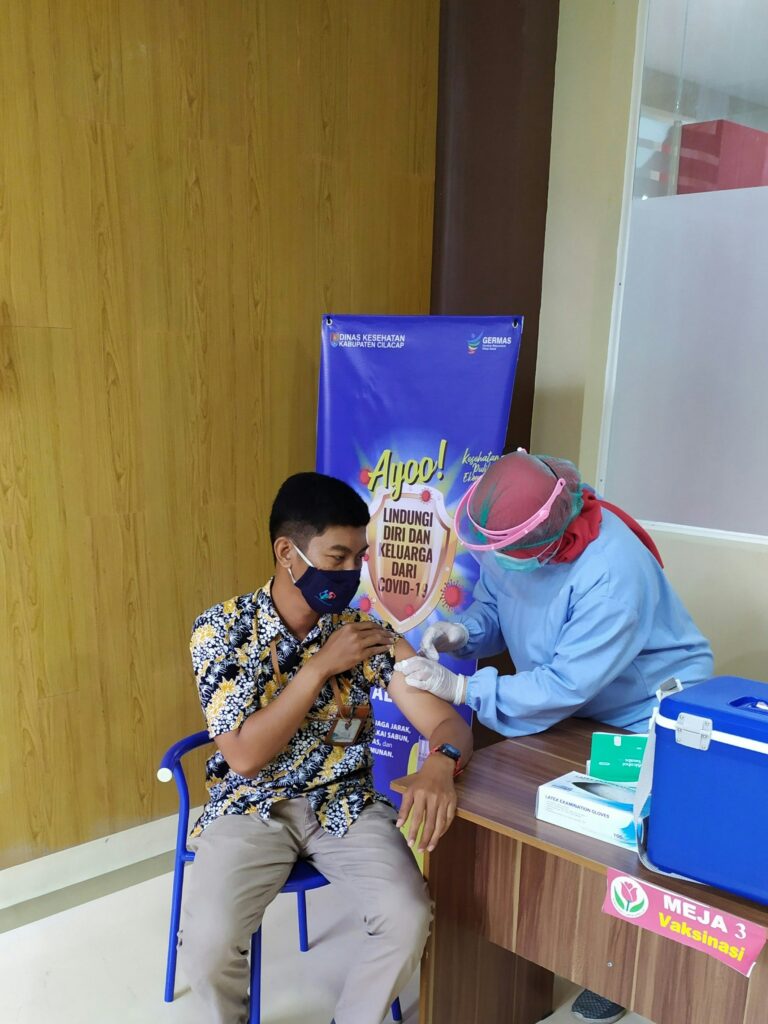Nursing plays a pivotal role in promoting, protecting, and improving the health and well-being of individuals, families, and communities. Beyond the walls of hospitals and clinics, nurses serve as frontline advocates, educators, and caregivers, addressing a wide range of health needs and challenges within the community. In this comprehensive overview, we explore the importance of nursing in community health and the myriad ways in which nurses contribute to building healthier and more resilient communities.
-
Promoting Preventive Care and Health Education
Nurses are instrumental in promoting preventive care and health education within the community. Through outreach programs, health fairs, and educational workshops, nurses empower individuals and families to adopt healthy lifestyles, make informed decisions about their health, and prevent the onset of chronic diseases and conditions.
-
Providing Accessible and Culturally Competent Care
Nurses play a critical role in providing accessible and culturally competent care to diverse populations within the community. By understanding and respecting cultural beliefs, values, and practices, nurses ensure that healthcare services are tailored to meet the unique needs and preferences of individuals from all backgrounds, thus reducing disparities in healthcare access and outcomes.
-
Addressing Social Determinants of Health
Nurses recognize the profound impact of social determinants of health on individual and community well-being. From poverty and inadequate housing to food insecurity and lack of access to education, nurses work collaboratively with community partners to address underlying social, economic, and environmental factors that influence health outcomes and contribute to health disparities.
-
Fostering Collaborative Partnerships
Nursing is inherently collaborative, with nurses often serving as catalysts for multidisciplinary partnerships and initiatives aimed at improving community health. Whether working alongside physicians, public health officials, social workers, or community leaders, nurses leverage their expertise and advocacy skills to foster innovative solutions and promote health equity.
-
Engaging in Population Health Management
Nurses engage in population health management by assessing community health needs, developing targeted interventions, and evaluating the impact of health programs and policies. Through data analysis, community assessments, and epidemiological research, nurses identify priority areas for intervention and advocate for resources to address emerging health threats and trends.
-
Responding to Public Health Emergencies
Nurses are on the frontlines during public health emergencies, providing essential care and support to affected individuals and communities. Whether responding to natural disasters, disease outbreaks, or humanitarian crises, nurses demonstrate resilience, adaptability, and compassion in delivering emergency care, mobilizing resources, and coordinating response efforts.
-
Advocating for Health Policy and Legislation
Nurses are powerful advocates for health policy and legislation that promote the well-being of communities. Through grassroots activism, policy analysis, and legislative lobbying, nurses influence decision-makers at local, state, and national levels to enact policies that support preventive care, expand access to healthcare services, and address social determinants of health.
-
Supporting Vulnerable Populations
Nurses are committed to supporting vulnerable populations within the community, including children, older adults, individuals experiencing homelessness, and those with chronic illnesses or disabilities. By providing compassionate care, advocacy, and social support services, nurses help vulnerable individuals navigate healthcare systems, access resources, and improve their quality of life.
-
Strengthening Health Systems and Infrastructure
Nurses contribute to strengthening health systems and infrastructure within the community by enhancing healthcare delivery models, improving care coordination, and promoting quality improvement initiatives. Through leadership roles in healthcare organizations, nursing associations, and community coalitions, nurses drive systemic changes that enhance the accessibility, affordability, and effectiveness of healthcare services.
-
Building Resilient Communities
Ultimately, nurses play a central role in building resilient communities that are equipped to withstand and recover from health challenges and crises. By fostering collaboration, innovation, and empowerment, nurses inspire individuals and communities to take ownership of their health, build social connections, and cultivate environments that promote well-being and flourishing.
-
Empowering Individuals and Communities
Nursing empowers individuals and communities to take an active role in their health and well-being. Through health coaching, motivational interviewing, and patient education, nurses equip individuals with the knowledge, skills, and resources they need to make informed decisions, adopt healthy behaviors, and become advocates for their own health. By fostering self-efficacy and resilience, nurses empower individuals to overcome health challenges, achieve their goals, and lead fulfilling lives.
-
Advocating for Environmental Health and Sustainability
Nurses advocate for environmental health and sustainability initiatives that promote a clean and safe environment for all community members. By raising awareness about environmental hazards, promoting sustainable practices, and supporting policies that protect air and water quality, nurses contribute to the prevention of environmentally-related illnesses and the creation of healthier living environments for current and future generations. Through their advocacy efforts, nurses play a vital role in promoting environmental justice and ensuring that all individuals have access to clean air, water, and resources essential for optimal health and well-being.
In conclusion, the importance of nursing in community health cannot be overstated. From promoting preventive care and addressing social determinants of health to responding to emergencies and advocating for health equity, nurses are indispensable partners in the pursuit of healthier, more equitable, and resilient communities. As we continue to navigate evolving health challenges and opportunities, the role of nursing in community health will remain essential, shaping the future of healthcare and fostering a culture of health and well-being for generations to come.





